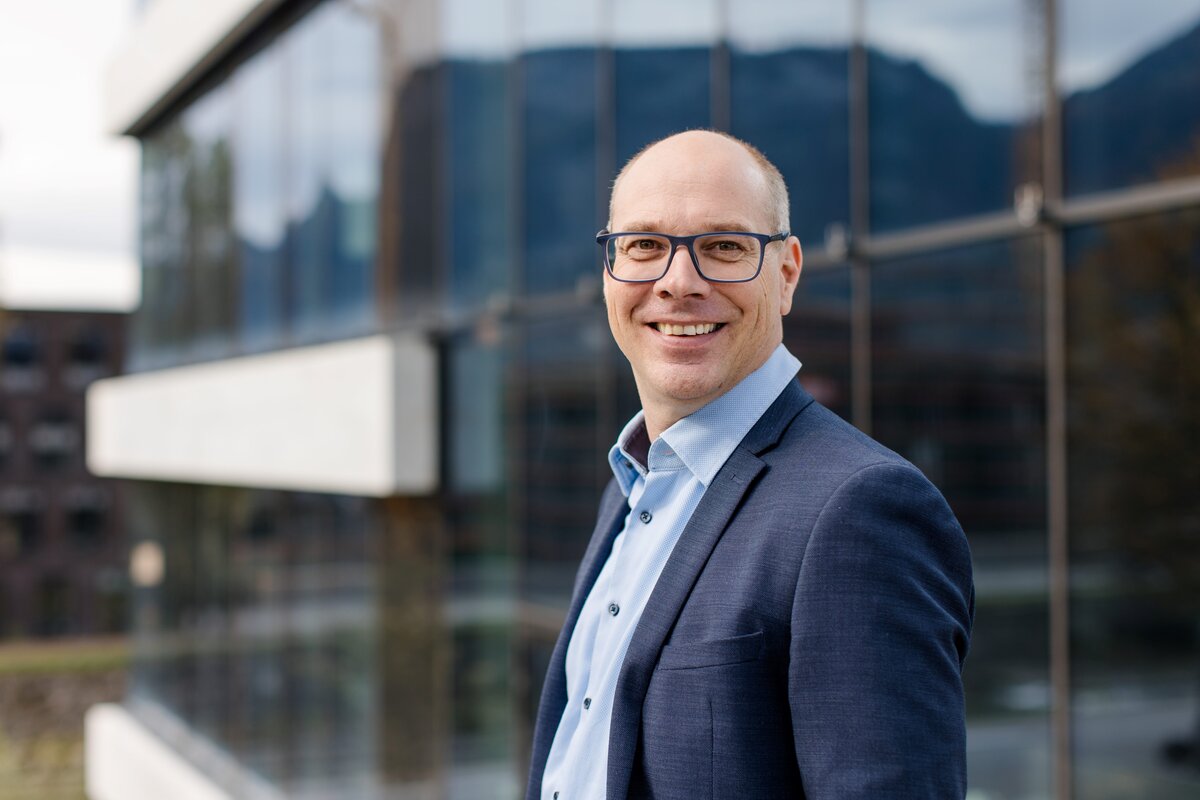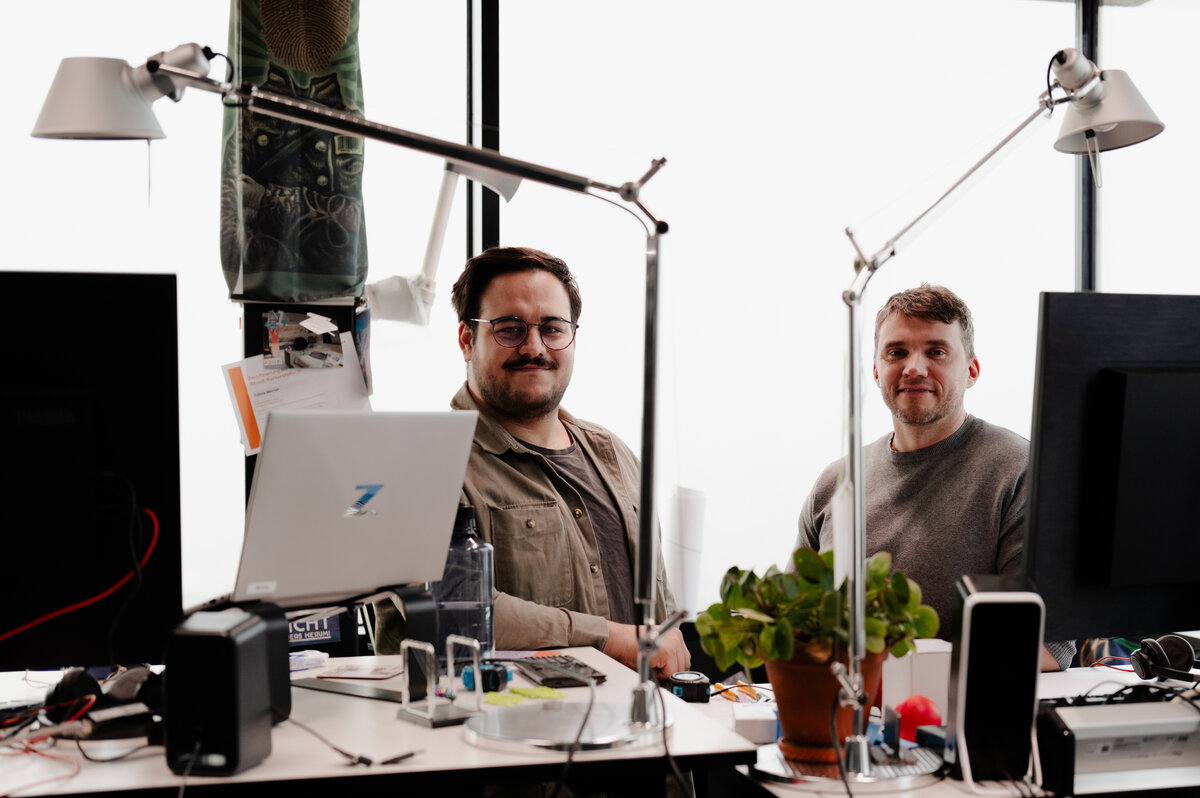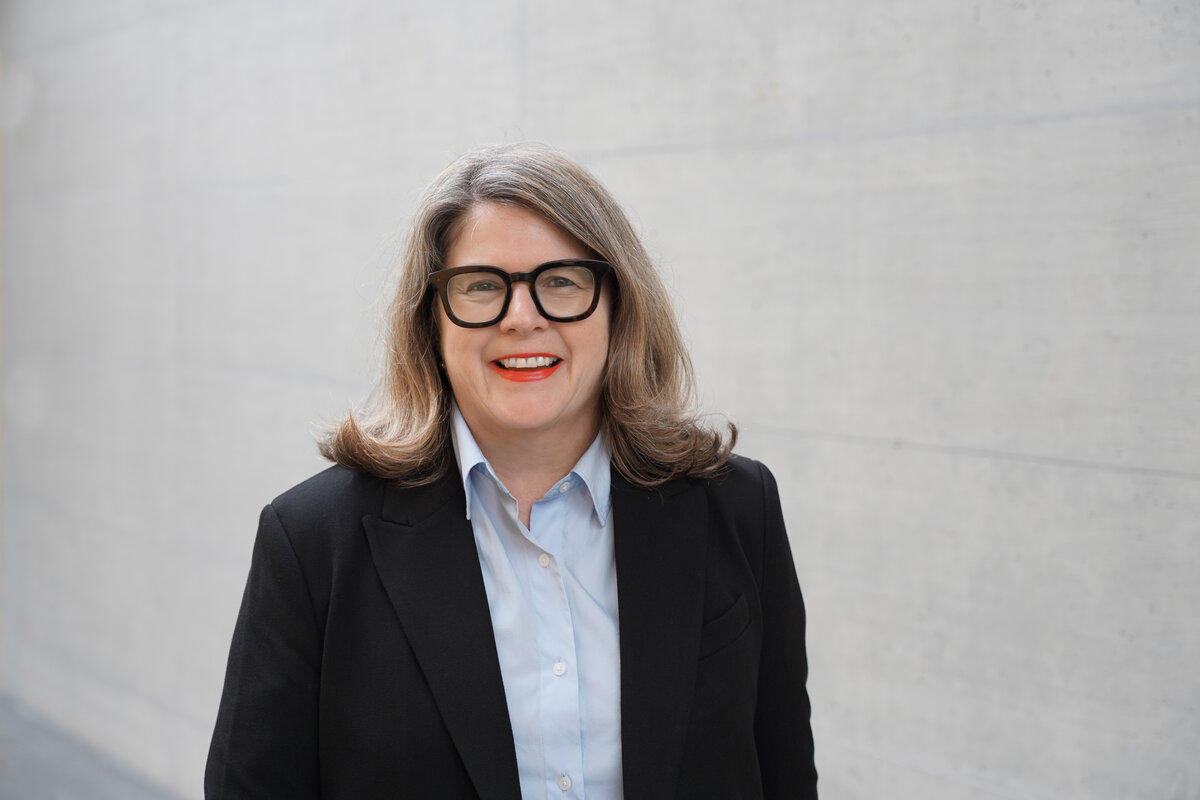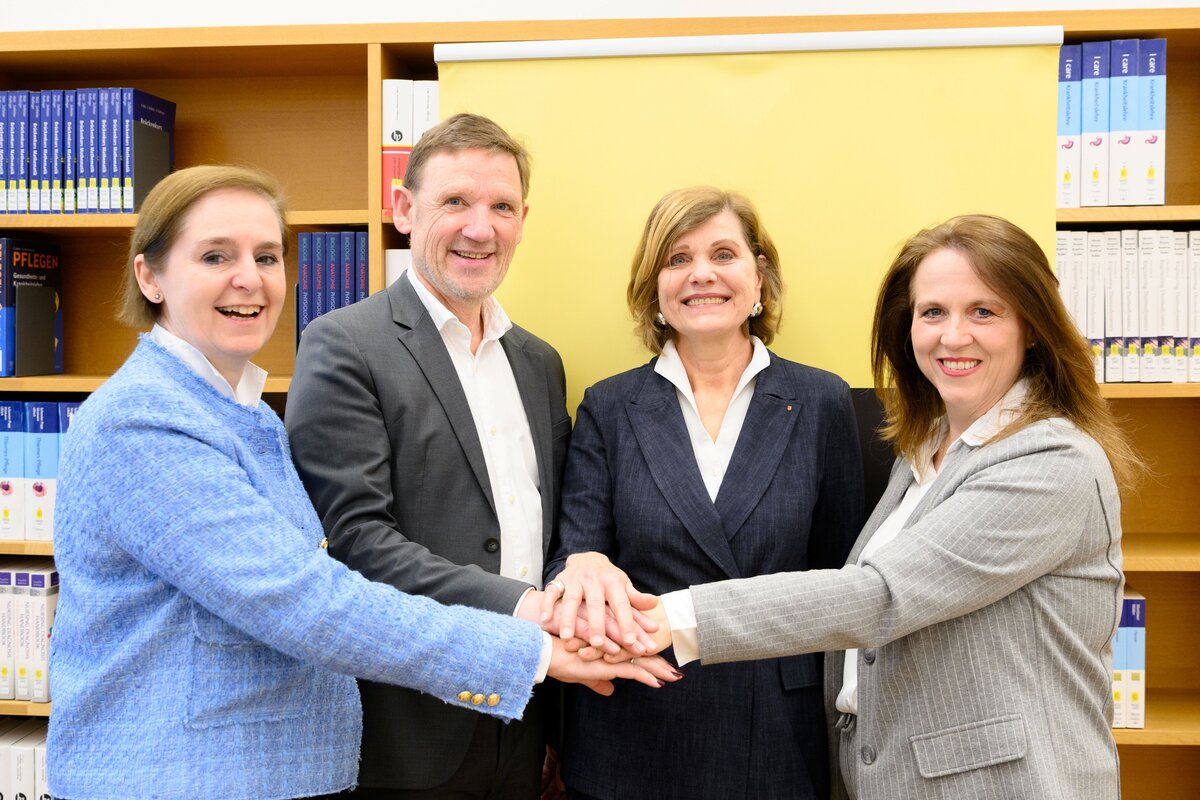Legal framework required for doctoral programs at universities
13.11.2025The governors of Lower Austria, Johanna Mikl-Leitner, and Vorarlberg, Markus Wallner, had previously set out this demand in a personal letter to Science Minister Eva-Maria Holzleitner. The FHV has already developed a comprehensive joint doctoral programme with the USTP - University of Applied Sciences St. Pölten. Both universities of applied sciences are particularly strong in research. As members of the European university alliances RUN-EU and E3UDRES2, they also have excellent international networks.
"Due to the lack of an independent right to award doctorates, we have developed a concept for a joint doctoral programme with the USTP and are calling for the creation of the legal framework for its implementation," explain FHV Managing Director Stefan Fitz-Rankl and USTP Managing Director Hannes Raffaseder in unison. The demand for a doctorate law at (technical) universities is also supported by the Austrian Association of Universities of Applied Sciences (FHK).
Four thematic priorities
The planned doctoral programme of the FHV and the USTP comprises four thematic focuses: Applied Artificial Intelligence, Sustainable Industries, Digital Health and Creative Industries. It is equivalent to university doctoral programmes, but deliberately sets different priorities - for example through interdisciplinarity, practical relevance and the close involvement of companies and social actors. "Funding would initially be provided on a grant-neutral basis through the use of existing funds, resources and infrastructure," says Fitz-Rankl. The four thematic focus areas are well established at both universities and have been greatly expanded in recent years.
"It is important for us to offer independent doctoral programmes in these areas. This allows us to offer our researchers important career prospects. Unfortunately, we are currently faced with a situation where our doctoral students are working in academia here, i.e. using our public funding and infrastructure, but the doctoral degree is usually awarded by a university abroad because we don't have this option. We finance science abroad with Austrian taxpayers' money. Universities abroad then 'reap' benefits, reputation, know-how and innovation. This cannot be in the interests of politics and taxpayers," says the FHV Managing Director. USTP Managing Director Hannes Raffaseder also confirms this: "We already have high-quality research projects with numerous partners, including from the EU. However, our researchers have to take laborious detours for their doctorate, usually via other countries, which costs unnecessary time and money. Both are so urgently needed for actual research and development for Business and Management."
No time to lose
In principle, the two universities would be ready to go. However, the legal framework is lacking and external quality assurance and accreditation will take at least a year. A start would therefore not be possible until the winter semester 2027/28 at the earliest. It is therefore all the more important that the federal government does not waste any more time. "We are appealing to politicians to create the necessary legal conditions and enable accreditation by a European accreditation agency," demand the two university managers Fitz-Rankl and Hannes Raffaseder.
Practical research
The joint concept of the FHV and the USTP makes it possible to introduce an independent right to award doctorates on the basis of accredited doctoral degree programmes. This would enable universities to carry out scientifically sound and at the same time practice-oriented research that is directly geared towards social and industrial challenges. "This not only strengthens Austria as a science location, but also prevents the outflow of highly qualified specialists abroad and promotes the rapid transfer of research results to Business and Management," explains Fitz-Rankl.
Further development of the university system
The integration of the two universities into the European Universities Alliances RUN-EU and E3UDRES2 guarantees access to international networks, high-quality infrastructure and established quality standards. "We are convinced that we can make an important contribution to the further development of the Austrian higher education system with this concept. University doctorates expand doctoral opportunities without competition, but with clear complementarity," emphasizes USTP Managing Director Hannes Raffaseder.



